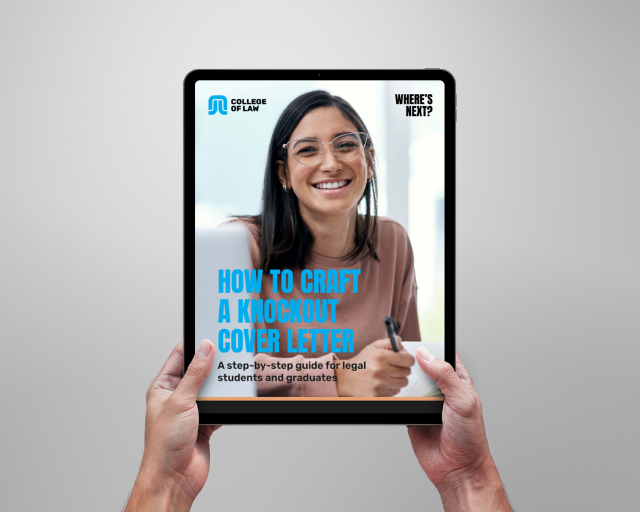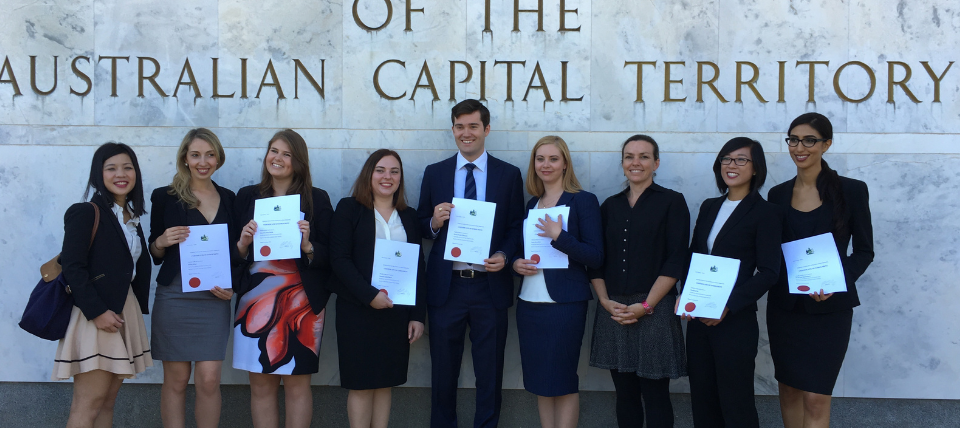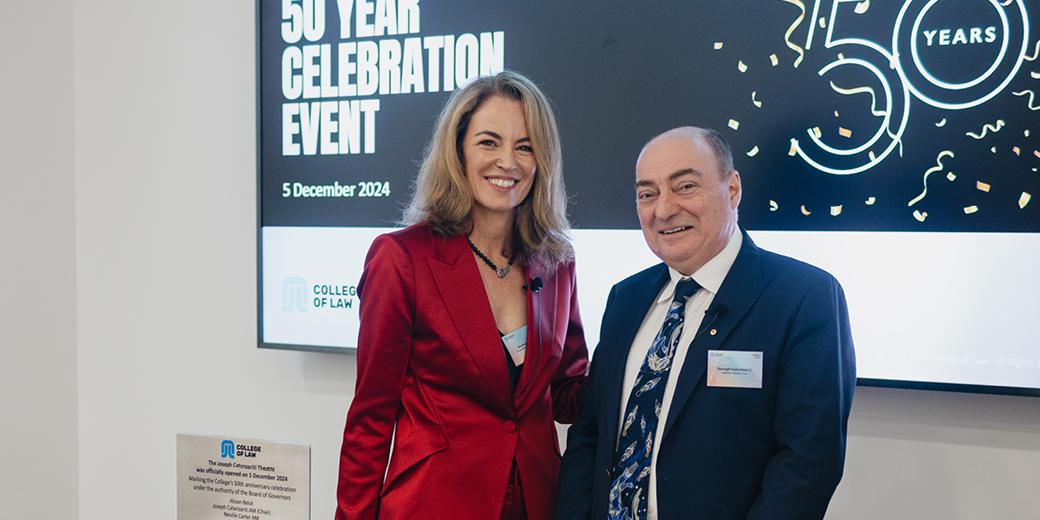Uni studies give you a solid theoretical understanding of the law. But practising as a legal professional is much more nuanced than at uni.
In legal practice, you’ll need to know how to:
- Communicate clearly: Communication will be half your job. You’ll need to collaborate with colleagues, support and steer clients, and present convincingly to opposing parties.
- Manage your time smartly: When it comes to billable hours, every minute matters – so avoid procrastination. You’ll need to work quickly and effectively to produce high-quality results.
- Tackle complex matters: The cases you’ll come across in practice will be knottier than the narrow hypothetical scenarios presented to you in the classroom.
- Get comfortable switching between tasks: At uni, you may need to jump between a couple of tasks. In legal practice? You’ll need to juggle multiple files. While missing a deadline has more serious consequences than just a low grade.
- Manage client expectations: Consult with your supervising senior lawyers about any client concerns before they escalate. A dissatisfied client may challenge your fees or complain about you.
How you can start preparing for practice
Thankfully, your College Practical Legal Training program will help you bridge the gap between uni and practice. You’ll draft documents, negotiate, solve complex problems and advocate – all of which emulate real-world legal practice.
But want to get ahead – and build your expertise now? Here’s how:
- Participate in competitions: Check to see when your uni or law student society holds competitions. These events will put your knowledge to the test and sharpen your legal skills. And often, practising lawyers will be the judges – helping you to build your network and gain practical feedback beyond what uni can offer.
- Jump into work experience: It’s never too early for real-world exposure. Whether you join as a paralegal or support a community legal centre, you’ll gain a wealth of transformative experiences as you conduct research, draft documents and help senior lawyers bring cases to court.
- Join your law student society: If you haven’t already, sign up to be a member of your law student society. You’ll get to attend networking and careers events, hear from guest speakers – and stay informed about the legal industry.
- Take on leadership roles: Don’t just be a member of your law student society – step up and apply for leadership roles on the Executive Committee. Seize opportunities to steer financial decisions, organise events with industry stakeholders, connect with thought leaders and drive strategic decisions.
One last lesson
We'd like to leave you one thought for when you enter practice: remain humble and stay curious.
No matter how many competitions you’ve entered or how many hours of work experience you’ve gained, you’re still on a huge learning curve in your first year as a lawyer. (Often the support staff will know more about the legal procedure than you.)
It’s going to take months before you become comfortable. And years before you gain sufficient independence to be trusted by your supervisors to manage files and clients more autonomously. Having worked in multiple practice areas, I learned that being humble and curious will drive greater success – and sooner.
So use your first few years to get grounded and see what areas of practice appeal to you. Ask questions. Be respectful to all the people you work with – and against in opposing matters. Enjoy the journey and embrace the growth that comes with it.









































